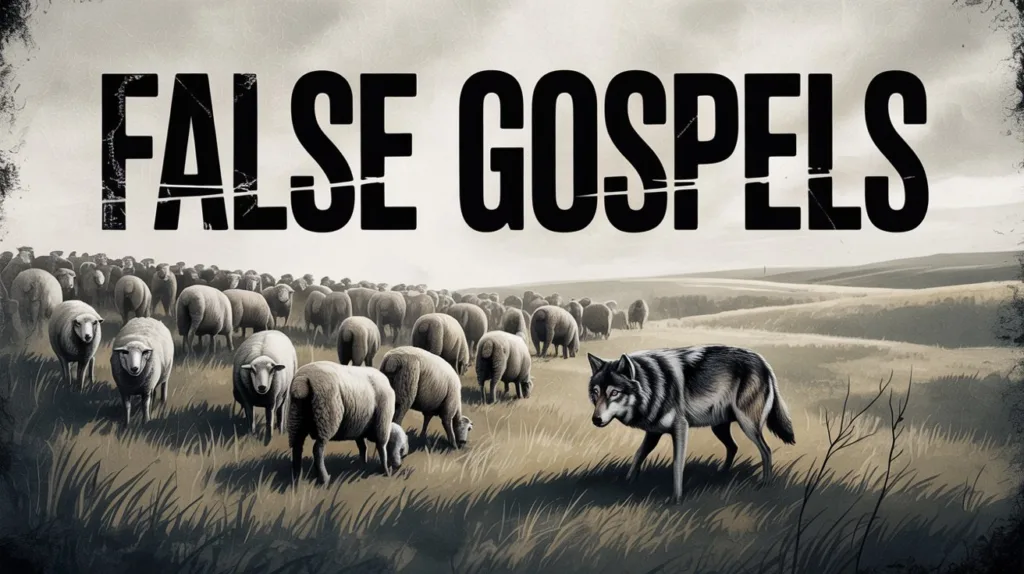Jericho is one of the oldest cities mentioned in the Bible and is most famously known as the first city conquered by Israel in the Promised Land under Joshua’s leadership. Joshua 6:1 describes it as “securely shut up because of the children of Israel; none went out, and none came in.”
God gave Joshua specific instructions: the people were to march around the city once a day for six days, with seven priests blowing trumpets before the ark. On the seventh day, they were to march around the city seven times, and then the priests would blow a long blast on the trumpets. When the people heard it, they were to shout. Joshua 6:20 says, “So the people shouted when the priests blew the trumpets… and the wall fell down flat.”
Jericho was utterly destroyed, except for Rahab and her family, who were spared because she had hidden the Israelite spies and believed in the God of Israel (Joshua 6:17; Hebrews 11:31).
The fall of Jericho demons/”>demonstrated the power of God to give victory through faith and obedience, not military strength. It also marked the beginning of Israel’s conquest of Canaan.
Later, Jericho was cursed by Joshua. He declared, “Cursed be the man before the Lord who rises up and builds this city Jericho” (Joshua 6:26). That curse was fulfilled in 1 Kings 16:34, when Hiel of Bethel rebuilt it at the cost of his sons.
In the New Testament, Jericho appears as a place of healing and mercy. Jesus healed blind men there (Matthew 20:29-34) and met Zacchaeus, a tax collector who repented and was saved (Luke 19:1-10).
Jericho represents both the judgment of God upon sin and the grace He extends to those who believe.





 Get the book that teaches you how to evangelize and disarm doctrines from every single major cult group today.
Get the book that teaches you how to evangelize and disarm doctrines from every single major cult group today.